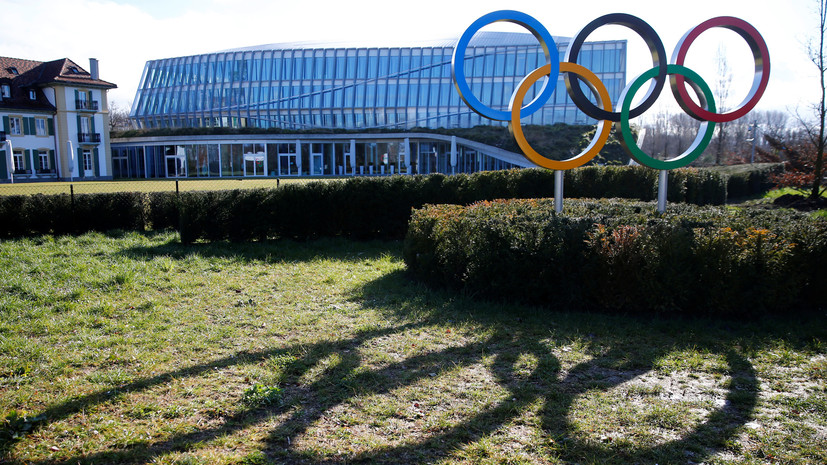On March 2 and 3, hearings were held at the Court of Arbitration for Sport (CAS) with the participation of Russian biathletes Olga Zaitseva, Olga Vilukhina and Yana Romanova, who appealed the decision of the International Olympic Committee for lifelong disqualification for anti-doping rule violations during the 2014 Olympic Games in Sochi. During the proceedings, it turned out that in the testimony of the former director of the Moscow anti-doping laboratory Grigory Rodchenkov there were forged signatures.
RT discussed the details with the lawyer of the athletes Alexei Panich.
- Did you get any response from the IOC due to the fact that fake signatures appeared in the documents submitted to it?
- Yes, the answer is received, if I may call it that. In response to our statement regarding the forgery of Rodchenkov's signatures, we received today a document that was submitted by the IOC to CAS. This document is another statement, another affiliate of Rodchenkov signed by him. According to this document, Rodchenkov admitted that none of the previously submitted affidavits he personally signed, and his electronic signature was allegedly used. That is, with his permission, someone electronically signed these documents. However, it must be borne in mind that the conclusions of our experts suggest that the electronic signature was used on only two of the nine documents. Accordingly, in relation to seven documents, the experts came to the conclusion that the signatures were applied by another person, that is, they were falsified.
- How could it happen that the IOC provided Rodchenkov’s written testimony with fake signatures?
- We believe that all this happened in a situation where the IOC did not have direct contact, access to Rodchenkov and accordingly received documents from some other persons. From whom exactly, we, unfortunately, do not know. We asked this question, but it remained unanswered.
- What is the significance of documents with fake signatures of Rodchenkov?
- They are the key evidence in the case of three biathletes. Moreover, these are partly the same documents that were presented in other cases of Russian athletes.
- Will the documents be excluded from this case?
- This can happen in a situation when CAS agrees with us that the relevant evidence cannot be accepted precisely because of a problem with Rodchenkov’s signature.
- Will regalia restore athletes?
“We are awaiting a decision.” I want to immediately answer that the question regarding the signature of Rodchenkov is not our only argument. Even before this question arose, we always hoped that the athletes would be justified by the CAS on the basis of other evidence that we collected. However, the issue of signatures arose on the eve of the court hearing. We have stated that the signatures are fake and we hope that this will also be taken into account in the upcoming CAS decision, which can be expected in the next few weeks.
- Why did you have suspicions?
- Suspicion initially arose regarding one signature on the document that we received from the IOC in November 2019. We checked it first with an expert. Since he confirmed that the signature was unauthentic, we collected samples of Rodchenkov's signatures, after which a full examination was conducted by both Russian and British experts. We ordered the work of a British expert, realizing that IOC and CAS are quite critical of the opinion of a Russian expert.
- Do you think that the evidence presented is enough to exclude Rodchenkov’s testimony from the case?
- Yes, we think that is more than enough.
- How can this affect other matters involving Rodchenkov? Is it likely that this is not the only case of falsified signatures?
- Given that we had doubts about one signature, and it turned out later that seven signatures are fake, there is reason to believe that on some other documents that came from Rodchenkov, the signatures may be fake.

